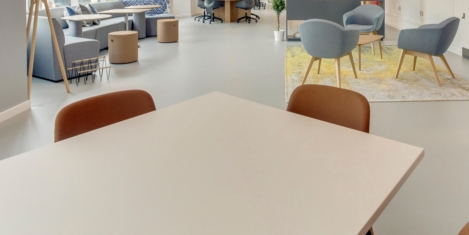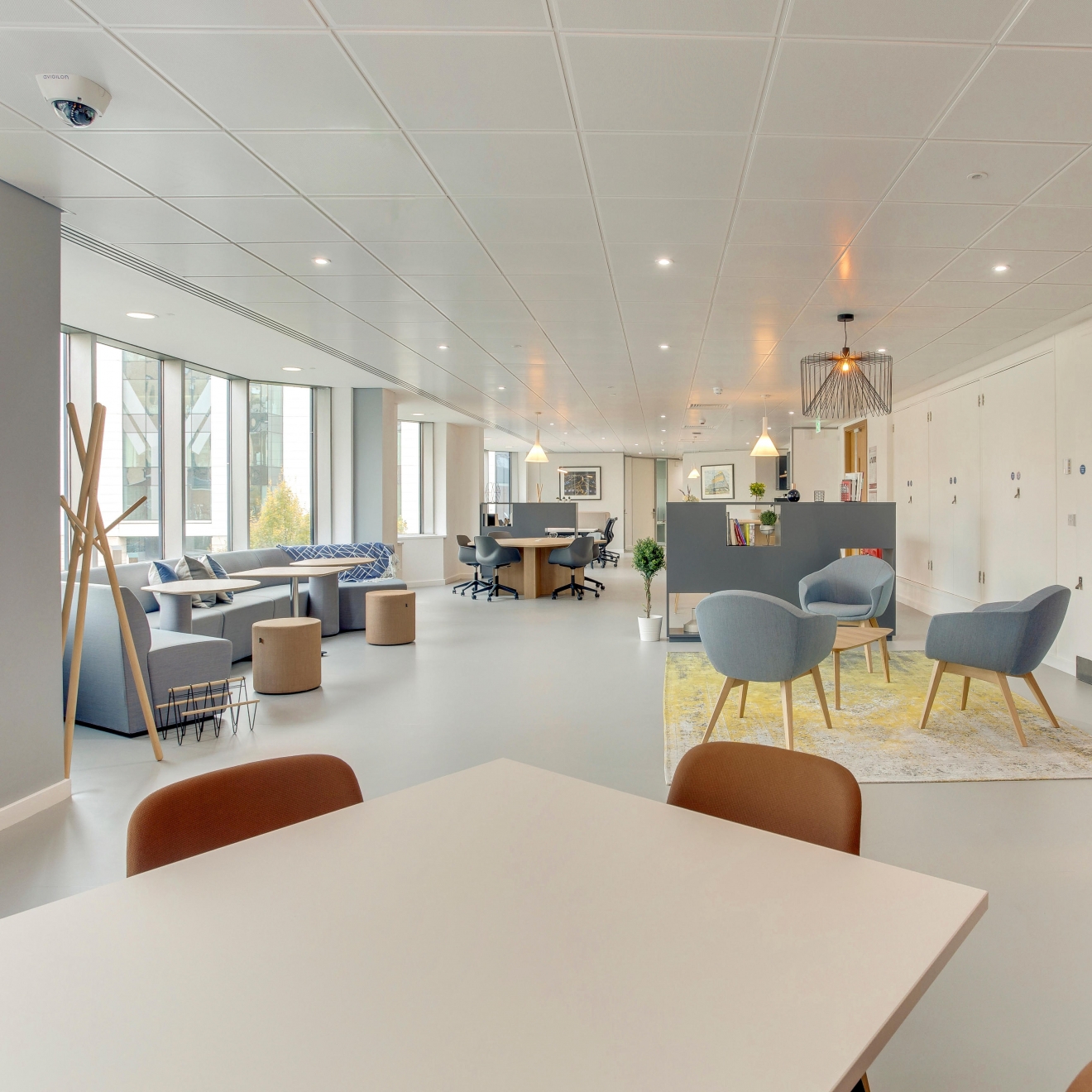November 29, 2019
People need to feel comfortable about being themselves at work
 Over a quarter of people (28 percent) in the workplace suffer bullying and/or discrimination on issues such as gender, age or sexual orientation, according to a new study. The Workplace Wellbeing Census, conducted by leading healthcare provider Bupa, found that such actions are the most harmful factors influencing workplace wellbeing at work. Women in the workplace face significant challenges with over a third (34 percent) experiencing bullying or discrimination, compared to 22 per cent of men. Women are also more than four times as likely to suffer negatively from workplace gender discrimination than men (13 percent vs 3 percent). (more…)
Over a quarter of people (28 percent) in the workplace suffer bullying and/or discrimination on issues such as gender, age or sexual orientation, according to a new study. The Workplace Wellbeing Census, conducted by leading healthcare provider Bupa, found that such actions are the most harmful factors influencing workplace wellbeing at work. Women in the workplace face significant challenges with over a third (34 percent) experiencing bullying or discrimination, compared to 22 per cent of men. Women are also more than four times as likely to suffer negatively from workplace gender discrimination than men (13 percent vs 3 percent). (more…)


































November 29, 2019
For the love of workplace art, where have all the walls gone?
by Chloe Adams • Comment, Wellbeing, Workplace design
(more…)